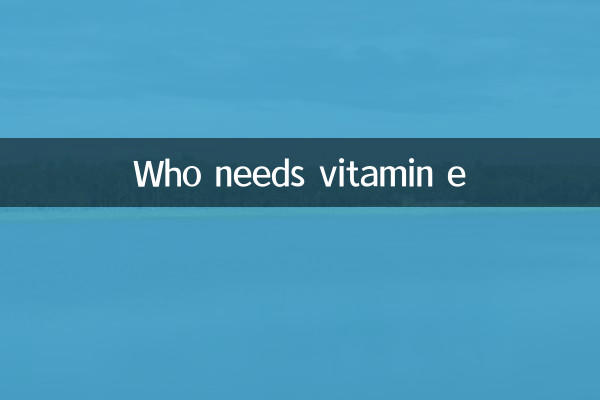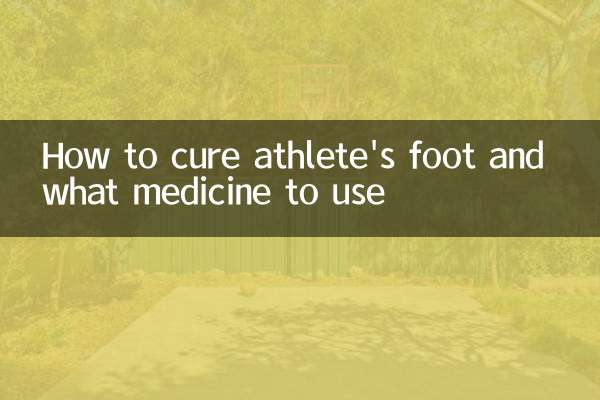Who needs vitamin E
Vitamin E is a fat-soluble antioxidant that is essential for human health. In recent years, with the improvement of health awareness, the demand for vitamin E supplementation has gradually become a hot topic. The following is a compilation of hot content about vitamin E in the past 10 days across the Internet, combined with structured data analysis, to answer your questions about which groups of people need to supplement vitamin E.
1. The role of vitamin E

The main functions of vitamin E include antioxidant, protecting cell membranes, enhancing immunity, etc. Here is a summary of its core role:
| function | Description |
|---|---|
| Antioxidant | Neutralize free radicals and delay aging |
| Protect cardiovascular | Reduce the risk of arteriosclerosis |
| Enhance immunity | Promote lymphocyte function |
| skin health | Reduce UV damage and improve skin elasticity |
2. Who needs to supplement vitamin E?
According to recent hot discussions and medical advice, the following groups of people need to focus on vitamin E intake:
| crowd | Reasons for demand | Recommended intake (daily) |
|---|---|---|
| Middle-aged and elderly people | Increased antioxidant requirements and prevention of chronic diseases | 15-20mg |
| Pregnant and lactating women | Supports fetal development and protects against oxidative stress | 10-15mg |
| People who stay up late for a long time | Free radical accumulation accelerates, requiring additional protection | 10-20mg |
| cardiovascular disease patients | Reduce the risk of lipid oxidation | 20-30mg (need to follow doctor’s advice) |
| People with dry skin or acne | Repair skin barrier and reduce inflammation | 10-15mg |
3. Food sources of vitamin E
Natural food is the best way to supplement vitamin E. The following is a list of common foods rich in vitamin E:
| food | Vitamin E content (per 100g) |
|---|---|
| Almonds | 26.2mg |
| Sunflower oil | 41.1 mg |
| spinach | 2.0mg |
| avocado | 2.1mg |
| peanuts | 8.3 mg |
4. Precautions for supplementing vitamin E
1.avoid overdose: Long-term daily intake of more than 400mg may increase the risk of bleeding.
2.Synergizes with Vitamin C: Combined supplementation of the two can enhance the antioxidant effect.
3.Special groups need to be cautious: People taking anticoagulant drugs should consult a doctor.
4.Storage method: Vitamin E is easily oxidized and should be stored in a sealed container away from light.
5. Recent hot trends
According to the data analysis of the entire network, the focus of discussion on vitamin E is:
- Controversial research on anti-aging effects (latest paper views in 2023)
- Prevention program for vitamin E deficiency in vegetarians
- The potential role of vitamin E in repairing the sequelae of COVID-19
Summary: Vitamin E is an important nutrient for maintaining health, and certain groups of people need to consume it properly through diet or supplements. It is recommended to give priority to natural food sources based on your own situation, and supplement scientifically under professional guidance when necessary.

check the details

check the details